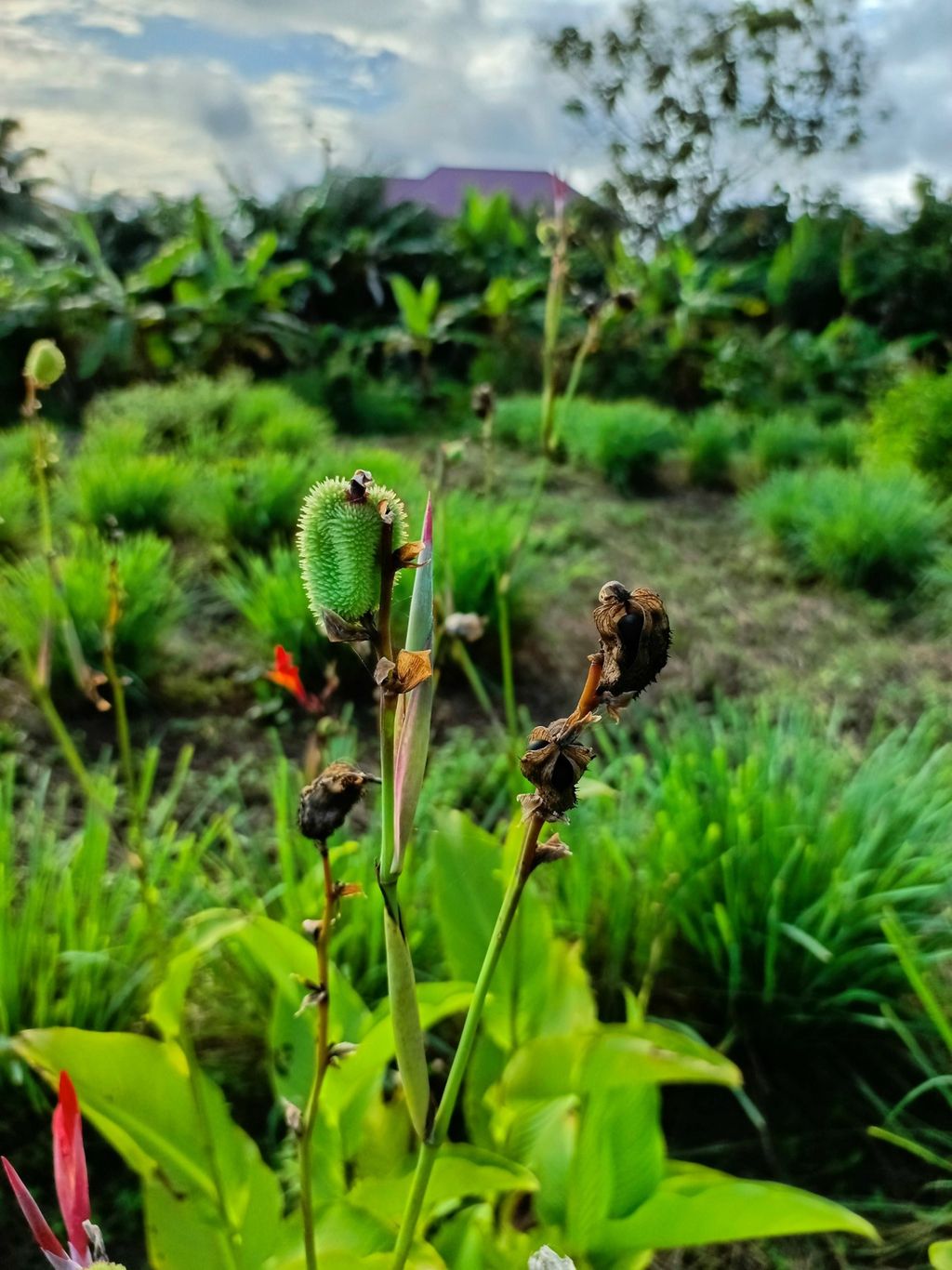Improving the plant collection at University of Cape Coast Botanic Garden, Ghana

-
Status of project
Completed -
Region
Africa -
Country
Ghana -
Programme
BGCI -
Workstream
Saving Plants -
Topic
Services for Botanic Gardens
Funded by The Botanist via the Global Botanic Garden Fund
Project Completed: 2023
Institution: University of Cape Coast Botanic Garden
Renewing Community Awareness on Plants through a Mixed-Use Physic Garden
Through this project, University of Cape Coast Botanic Garden built a network of cultivators and conservationists across the country to supply them with seedlings. This lead to the procurement of 40 different Ghanaian plant seedlings being added to the garden. Some of these species have been neglected due to the lack of knowledge about their contribution to the ecosystem. In addition to this, 10 non-indigenous ones that had become of interest to the local communities. The garden introduced a total of 273 individual seedlings from the 50 different plant species.

Work was also carried out within the garden to improve the visitor experience. 15 species were relocated, 5 tree species were rejuvenated and a seedling bank was established to replenish the annual and biennial plants. The project provided 4 clay brick garden beds, which host some 20 seedlings as well as being used to house 10 herbaceous plants.

To increase community traffic to the garden, improvements were made to the physical access by redesigning the layout of the garden. This change brought plants closer to patrons and enhanced the interaction.
Across the garden, many plant specimens were not labelled or labels had been lost, so new labels were designed and the information was digitized through the use of a QR code to afford visitors the opportunity to learn more about the value of the plants. Three 2-unit garden benches were also installed, for visitors to relax and enjoy the garden.

In addition, the garden has been adapted for use in the training of both undergraduate and post-graduate students in the community. 360 Pharmacy students and biomedical sciences students from the University have been using the garden as part of their training and 17 post-graduate students under a drug discovery and development programme also took their introductory course in natural product research using the garden.
As a result of this project, visits to the garden have increased significantly with an estimate of 10 visitors per day from a low of 1-2 per day.